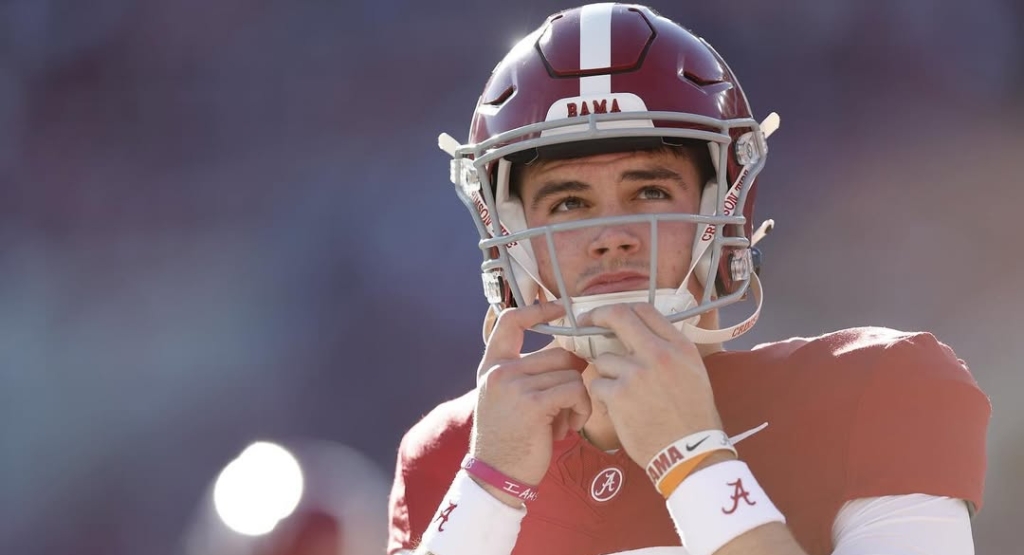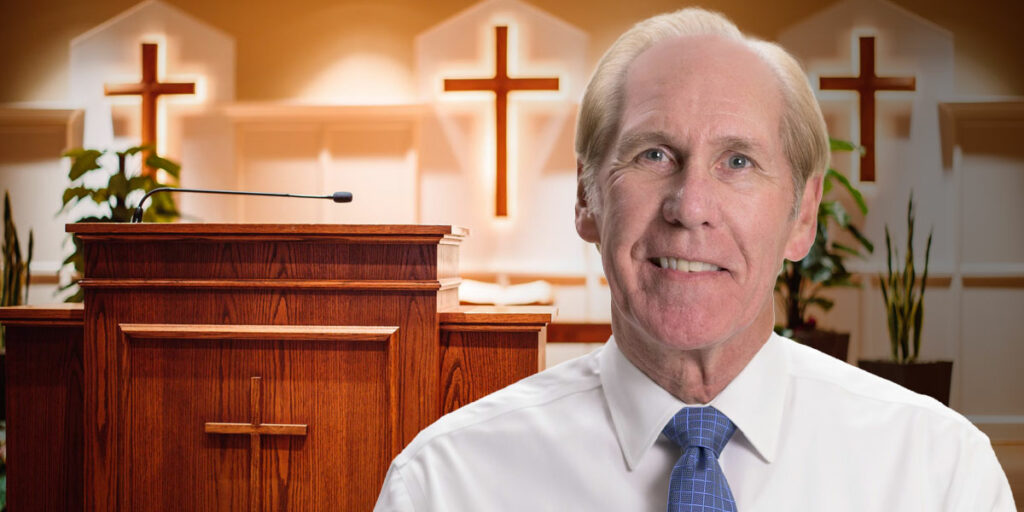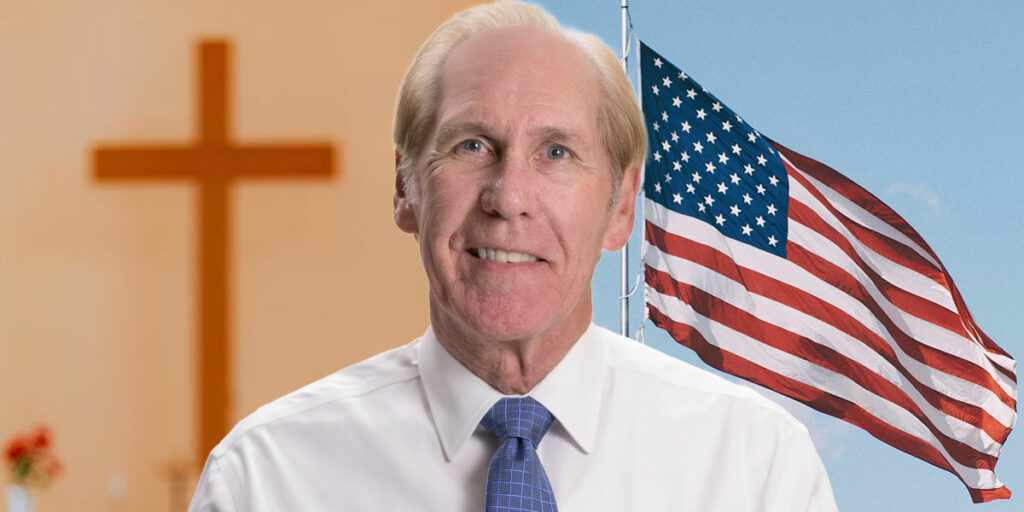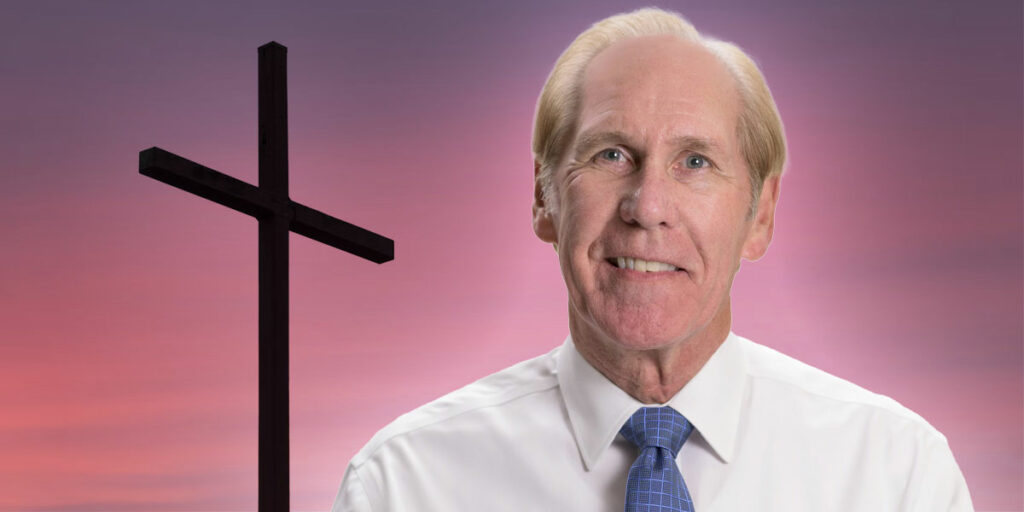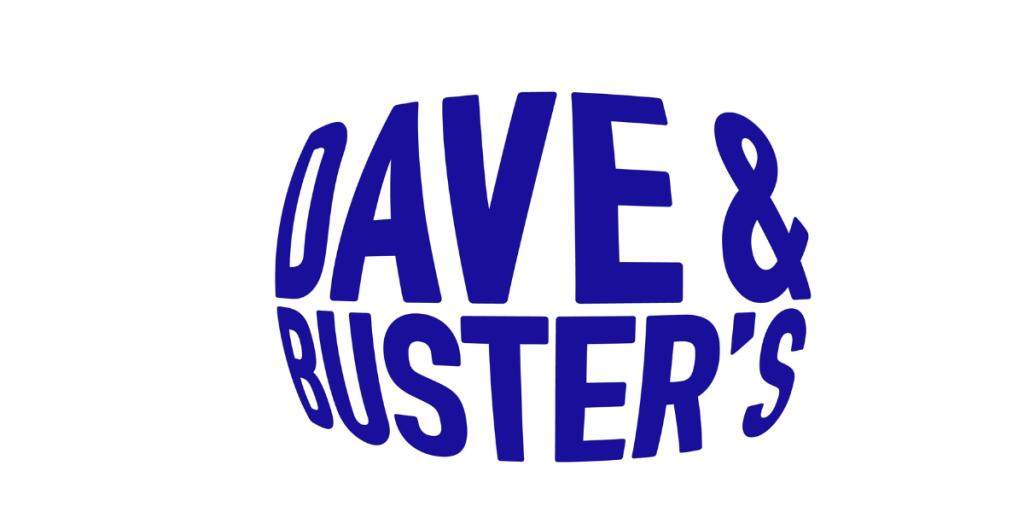It was a long time ago in a galaxy far, far away. Actually, no. It was a long time ago, but it wasn’t so far away.
It was at the Southern Baptist Theological Seminary in Louisville. Ethics professor Dr. Henlee Barnette taught one day about God and government. In his lecture, he read from a newspaper editorial written by a preacher who was part of the “Old Christian Right,” broadcasting at the time on 500 radio stations and 250 TV stations. This preacher condemned Communism, integration, and Billy Graham’s crusades.
In the article, he castigated Dr. Barnette for, among other things, inviting the “socialist,” Dr. Martin Luther King, to speak at the seminary. The King visit was many years before those of us in the class were in training, so we missed it.
But a strange coincidence that day. A classmate had been to the campus post office earlier and picked up his copy of “Time” magazine. He interjected that a breaking story was about this broadcaster being accused of sexual improprieties. Dr. Barnette paused a moment and then thoughtfully said, “Well, I forgive him. He has troubles enough of his own.”
In fairness, no charges were proven, but the broadcaster’s ministry never regained what it lost. Our professor’s spirit made a lasting impression on me on that day. Later, when a denominational publication asked us for seminary memories, I wrote about this and got a nice note from Dr. Barnette.
We often speak about “forgive and forget,” but this maxim is actually impossible. The only way to forget is to suffer amnesia. We’ll always remember those who hurt us—what they did or said that stung. But I believe forgiveness isn’t a matter of forgetting but a matter of choosing a different path. It means we choose not to hurt someone who hurt us. This is what Jesus taught when he exhorted us to return good for evil. If we return evil for evil, we perpetuate evil rather than stop it. If we return good for evil, we rise above the evilness or pettiness of those who hurt us.
The Bible does say God forgets our transgressions (Jeremiah 31:34), but the same principle applies. Our all-knowing God doesn’t forget anything. He knows when a sparrow falls and the number of hairs on our head. Nothing escapes his knowledge. But God chooses to shield us from the consequences of our rightful punishment when we disobey him. He doesn’t forget, but he chooses to treat us with kindness.
The new year is a good time to survey the landscape of our relationships and determine if we ought to choose a different path—seeking forgiveness from God and granting it to others.
“Reflections” is a weekly faith column written by Michael J. Brooks, pastor of the Siluria Baptist Church, Alabaster, Alabama. The church’s website is siluriabaptist.com.






